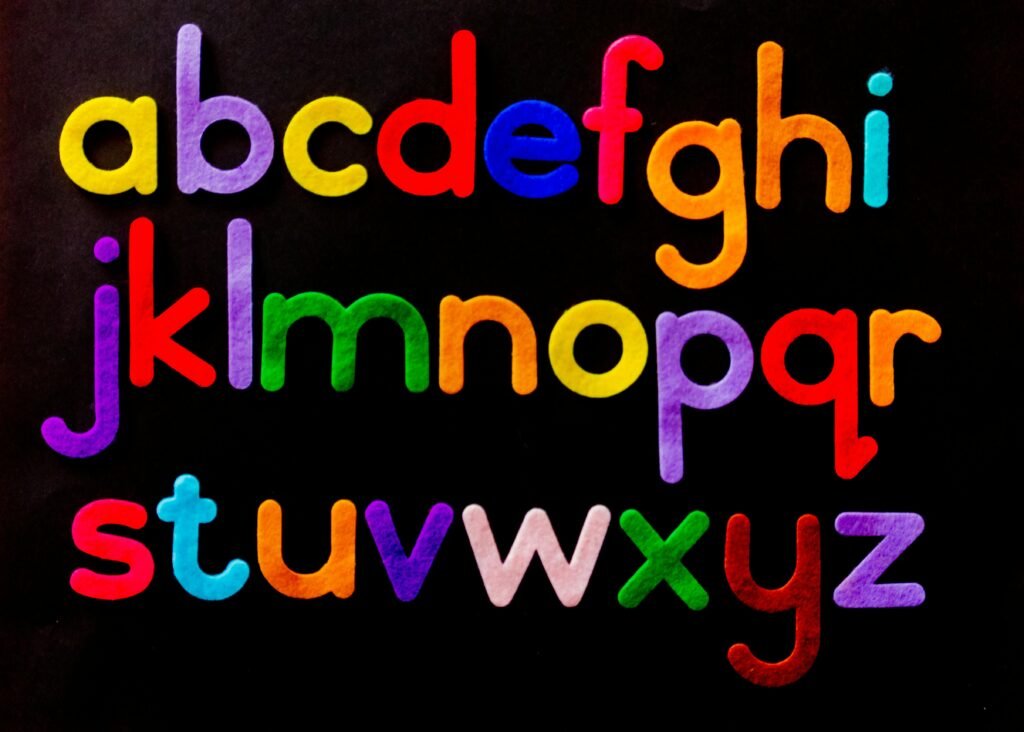introduction
Education is very important to developing individuals and societies. When you think of education, you likely think of a classroom and a textbook. However, education can occur in many other forms and settings, ranging from informal to formal. In this article, will explain the education types—formal education, informal education, and non-formal education—and what makes them distinct from one another. Additionally, we will highlight the importance and benefits of each education type and examples to explain how education can be meaningful to one’s personal development and professional development.
1. Formal Education

Definition
Formal education is characterized by organization and structure. It occurs primarily within a classroom, school, college, or university as part of an established plan or program covering a set curriculum and academic calendar.
Key Features of Formal Education:
- Advanced by a qualified teacher/professor
- Results in credentialing or degrees
- Influenced by a standardized curriculum
- Occurs within recognized educational institutes organized as schools or colleges Formal education
- Examples:
- Primary and Secondary education
- Undergraduate and Graduate education
- Vocational training programs (specialized technical education)
- The Benefits of Formal Education:
- Credentialing recognized by others
- Process of building conceptual and technical skills foundational to your career
- Organized, established environment with outcomes that can be measured
2. Informal Education

Definition:
Informal education is when learning takes place outside the context of a formal classroom. It is often unintentional – for example, while you carry out everyday activities or experiences.
Key Features:
- Has no set curriculum or learning accredited
- It is spontaneous and comes from the learner
- Takes place by means of a person-to-person interaction, observation, or practice.
Examples:
- Learning to speak a language by talking with someone who is a native speaker
- Learning how to cook by watching or interacting with family
- Learning new skills through watching YouTube or reading a book
Benefits:
- Highly flexible and accessible
- Promotes lifelong learning experiences
- Creates competencies that are practical and real-world
3. Non-Formal Education

Definition:
Non-formal education is learning that can be characterized as somewhere between formal and informal. Non-formal education is a structured but does not follow a formal curriculum or entail assessing learners or gaining accreditation.
Key Features:
- Participation is voluntary,
- It is organized based on needs or group of people,
- It is provided mainly in community or adult learning groups
Examples:
- Community education in adult schools
- Online courses, workshops, written material
- Skill development programs through an NGO or Not-for-profit organization
Benefits:
- Generally free, cheap and accessible,
- Is catering to the needs of the learning group
- Encourages personal \ professional development
4. Comparison of the Three Types of Education

Feature Formal Education Informal Education Non-Formal Education
Structure Highly structured Unstructured Semi-structured
Location Schools, colleges Home, social settings Community, online
Certification Yes No Yes most times
Flexibility Low High Moderate
5. The Significance of Knowing Education Types

Knowing the types of education is useful because:
- It enables us to establish individualized learning strategies and practices to meet different needs
- It helps to promote equity and inclusive learning
- It encourages developing a more balanced appreciation of knowledge and development
Conclusion
Knowing the types of education (i.e., formal, informal, and non-formal) provides understanding of how we learn the numerous ways we learn. Each type of education provides meaning for personal development and for the development of society. It is about personalized education, knowledge gaps, informal learning through life and communities. Whether you are pursuing a degree, attending a workshop or learning, and living socially, education is about all of them.


